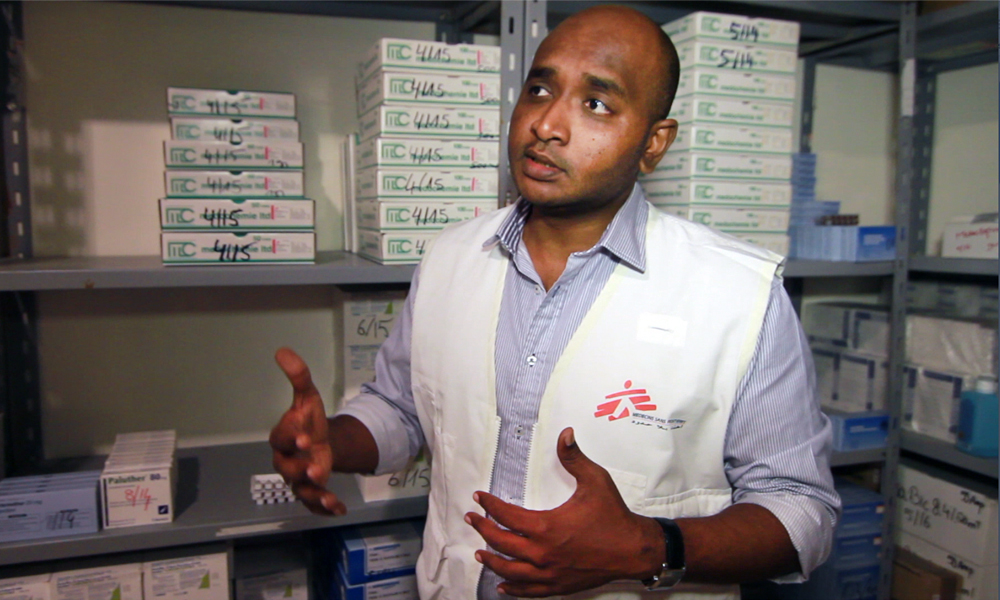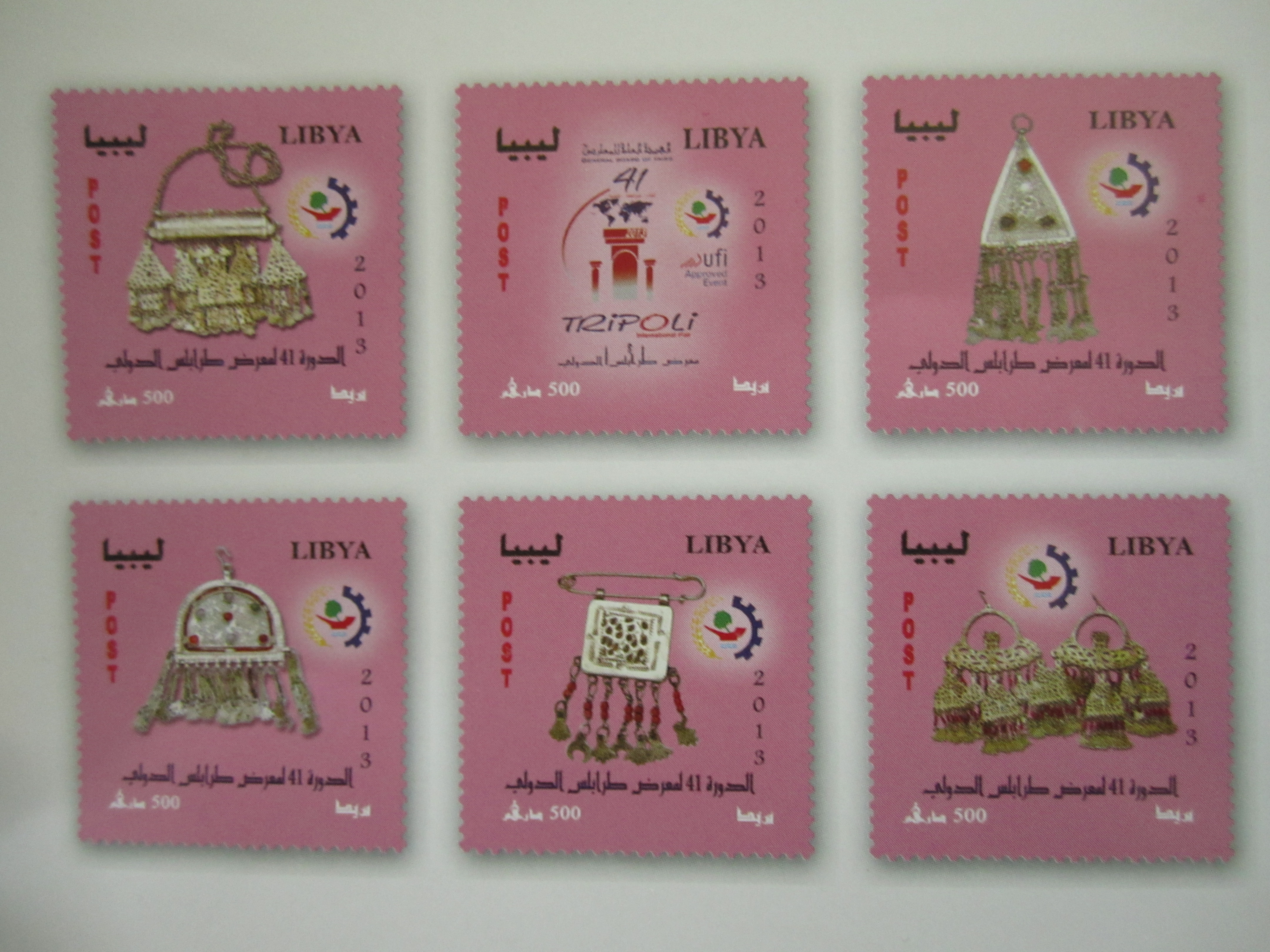By Wil Crisp.

Tripoli 9 April, 2013:
Medicins Sans Frontieres (MSF) is planning to submit a proposal to investigate the outbreak of alcohol . . .[restrict]poisoning that killed more than one hundred in Tripoli last month.
An informal proposal has already been submitted to the government and the organisation is planning to present a formal offer this week.
According to MSF country chief Ahmed Abdelrahman there are still many unanswered questions about the outbreak: “We still don’t know exactly how it started, and whether the poisoning came from a single source. A proper investigation could provide information that will save lives both in Libya and in other countries.”
Over a thousand people were hospitalised during the episode making it one of the largest recorded outbreaks of its kind anywhere in the world.
The first phase of the investigation proposed by MSF will draw on hospital records to find out which areas of Tripoli were worst hit and gather data on the age of those affected. A possible second phase will ask those who were poisoned to fill out a questionnaire. At the moment very little is known about drinking habits in Libya because alcohol is illegal.
The mass-poisoning was caused by methanol that is thought to have been mixed with the locally brewed alcoholic drink, ‘Bokha’. Methanol is similar in appearance and taste to ethanol, the type of alcohol normally used in drinks. However, when methanol is metabolised by the body, it produces highly toxic formic acid, which can cause blindness and brain damage.
Methanol is cheap and widely available in Libya. It is thought to be used regularly by illicit distilleries to bump up the alcohol content of their spirits. In Europe and the US methanol content is limited to just one percent of total alcoholic content. five percent is considered dangerous and ten percent will be toxic to most people.
During the mass-poisoning many members of the public turned up to the hospital experiencing problems with their eyesight, others were unconscious when they arrived. They were treated with dialysis and fomepizole, a drug that stops methanol being metabolised.
According to MSF Libya’s response the crisis was impressive, but the NGO says extra research could help to make diagnosis and treatment faster and more effective in the future. The Ministry of Health brought in toxicology experts from Norway along with supplies of fomepizole.
Since the mass-poisoning there has been a number of raids on known alcohol sellers and on 4 April ministers met with the head of the Tripoli Criminal Investigation Department to discuss the cause and implications of the mass-poisoning. [/restrict]








